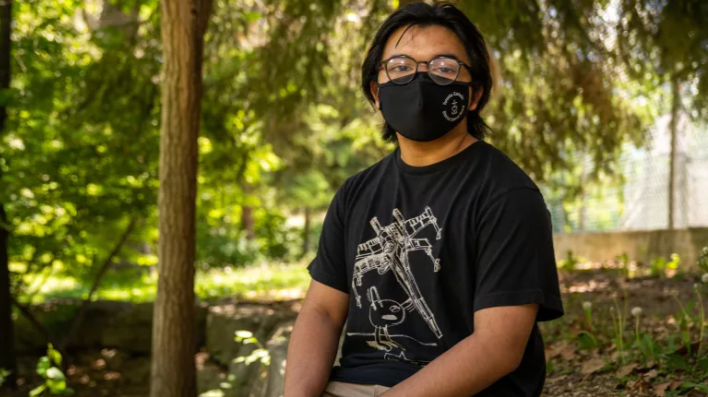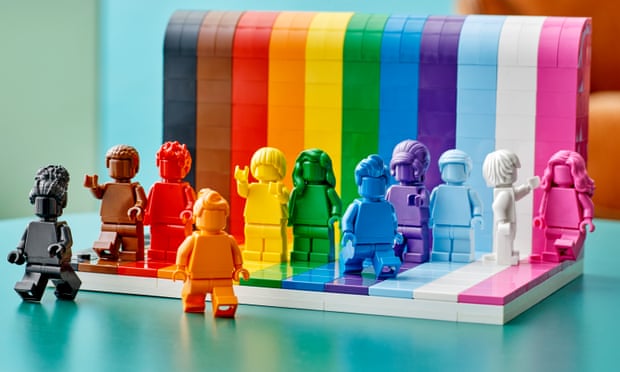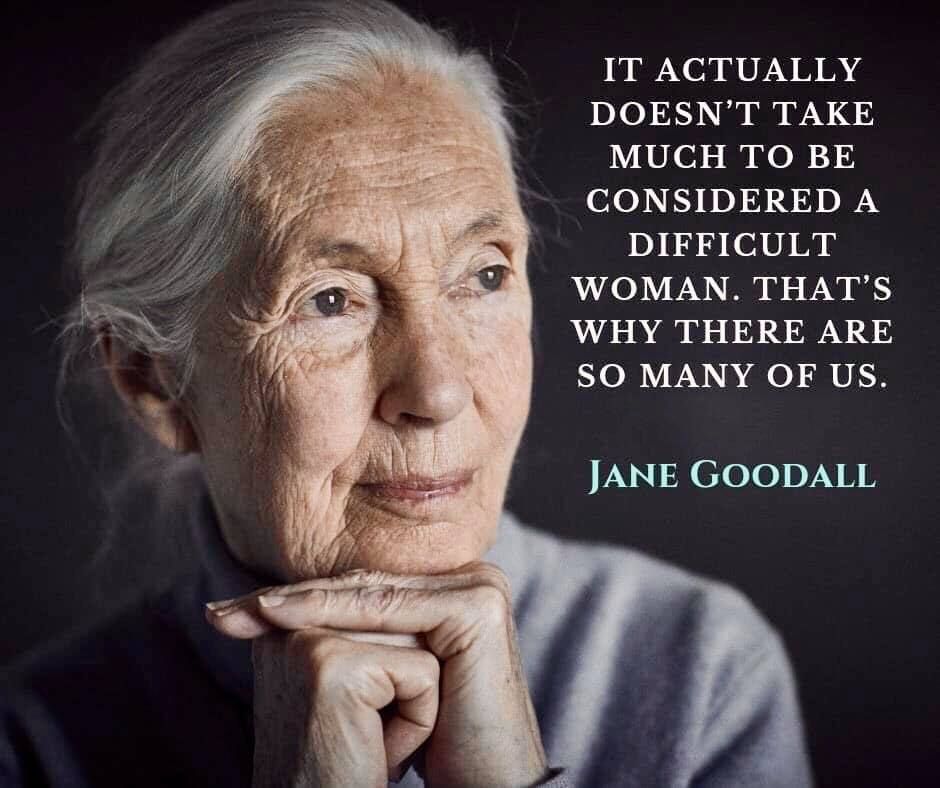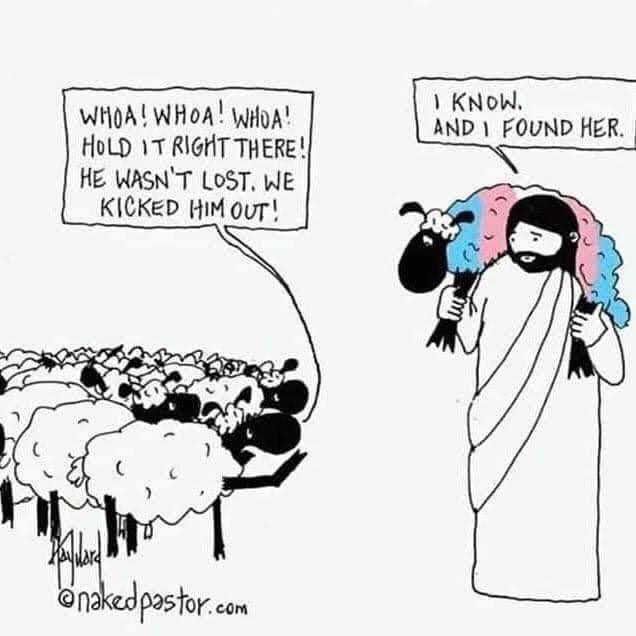LGBTQ2+ MINORITY STRESS IN THE WORKPLACE: HOW DISCRIMINATION HURTS HEALTH: Charity Village

As we continue with Pride Month, today’s focus is on LGBTQ2+ inclusion (or the lack of it) at work, specifically within non-profits and faith-based organizations. While others have much greater first hand experience and expertise on this issue, I have seen discrimination and other issues organizations that I have been connected with, and will be using the research that others have done to highlight areas in which critical changes are needed.
In my experience, some of what I have observed in organizations includes things like having a formal policy that states that the org “supports” or “believes in” only certain types of relationships (ie only straight relationships). This type of policy not only eliminates those who are actively in other relationships, it also removes their allies, who are forced to choose between a job vs supporting their LGBTQ2+ friends/family with integrity.
Similarly, and by extension, I am aware of limits on placing people in LGBTQ2+ relationships in overseas positions in the NGO world – as a blanket ban. I have heard it justified based on the idea that it may be either unsafe for the couple in certain geographical contexts, and/or opposed by local partners, or donors/constituents, who might be offended by the idea of working with/supporting an LGBTQ2+ staff person. I would like to challenge all of these.

- Any international NGO with integrity knows that some positions or locations may be more or less safe than others, for a variety of reasons, and has a long list of safety policies in place to ensure the safety of workers. Others may have heard of something that I am not aware of, but I do not know of any cases in which a blanket ban is imposed on something, simply because it may not be safe in a particular geographical location. For example, if it may not be safe to travel as a single woman in a certain work placement, that would be noted in the position – but single women would not be banned from applying for positions anywhere else in the world. Likewise, travelling on certain passports may be unsafe in particular political contexts, but those passport holders are still welcome and encouraged to work somewhere that is safe for them.
- With any NGO, as we work with our partners, we, naturally, aim to build up a positive relationship. At the same time, there are limits to what requests we will accommodate. For example, a peacebuilding org (eg a Menno org), will never, as far as I am aware, accept a request to support the military. It’s not who we are, and it’s not how we operate. Likewise, a request from a partner to only hire white staff, or only men, not women, for that office (as opposed to a visible minority or women) would not be accommodated, because any orgs that I am aware of do not tolerate open discrimination in their hiring policies, even if a partner requests it. As noted above, if it’s unsafe for a worker to be placed, safety policies are in place for that. However, when the work is safe for staff to do, and the reason for not placing someone is simply that partners want to discriminate, or do not support inclusion, NGOs do not accommodate the request – unless it’s related to related to LGBTQ2+ status, in which case it seems that, at least in some orgs, it’s still happening extensively.
- The other reason that I have heard is that constituency/donors might be upset by inclusion, and therefore, the policies are in place in order to “not rock the boat.” As with #2, above, if active discrimination against others is the price to pay for a donation, is it really worth it? Are we seriously having hard conversations about this in our orgs, or simply accepting it as “the way we’ve always done it”?

So, we know that when orgs maintain discriminatory policies on LGBTQ2+ status, there are inconsistencies, and that they would not act in an equivalent manner on other matters of equality or discrimination. And, based on this report from Charity Village (along with common sense) we know that the harms caused are significant.
So, why are we, as NGOs and faith-based groups, holding on to discriminatory policies, that go against our overall values, are harmful to countless people, go against basic anti-discrimination laws, and simply have no place in a modern, inclusive organization?
Discrimination is never OK. I have heard, in some orgs (eg a generation or so ago), that change was coming very soon, and a bit of time was needed to ensure a smooth process. However, problems are still clearly prevalent, and so change has not happened, and the “grace period” that might have been requested decades ago is long finished.
So, what are we, as people connected to NGOs and faith-based groups doing with this info? How are we taking active steps to ensure full inclusion, instead of turning a blind eye and hoping nobody notices?
……………………………
Looking for sustainable, plant-based or zero-waste info or items? Check out the MennoAdventures website and online store!














